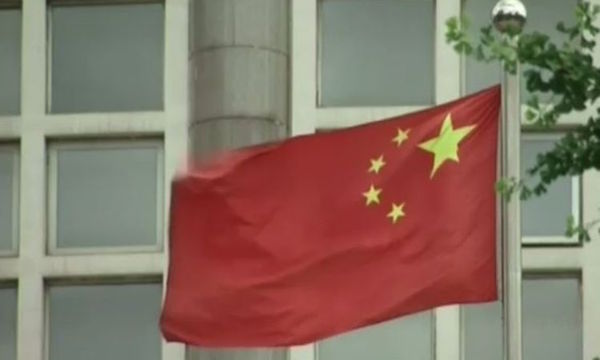China’s ongoing crackdown on casinos and junkets targeting its nationals may have long-term implications for the industry in Asia and force changes in the business models of many of the region’s integrated resorts.
Beijing has signalled that it means business when it comes to cracking down on those seeking to lure Chinese to gamble and last year passed a law making it a criminal offence for junkets and overseas casinos involved in such activities.
The Chinese government followed up on Friday with a press conference ahead of the Chinese New Year, urging “criminal suspects in cross-border gambling to surrender,” saying authorities would be taking action to crack down.
“Overseas casinos that rely significantly on junkets are clearly in the cross hairs and will suffer the impact – especially if China has plans for long-term enforcement of existing policies (which we believe it does),” Bernstein Research wrote in a note. “We also question the strategy of certain Chinese companies trying to set up casino operations in foreign countries that are now clearly the target of a long-term anti-gambling campaign targeting such jurisdictions.”
China hasn’t published its so-called “blacklist” of overseas jurisdictions, which first emerged last August and was recently expanded. Although, countries are believed to include the Philippines, Cambodia, Vietnam, Myanmar and potentially Korea.
The crackdown leaves major question marks over the future of Asia’s glitzy integrated resorts, which were built to target China’s army of VIP clients and their junket-enabled gambling trips. This is doubly true in jurisdictions which don’t allow their locals to gamble.
Already hurting due to Covid-19 mandated travel restrictions, there is now a distinct possibility Chinese guests won’t flood back when the borders are open.
“If I can use an analogy — before the market exploded with Chinese VIPs, the casinos were quite happy driving Corollas,” Ben Lee, managing partner at iGamiX Management and Consulting said. “Then China opened up and Rolls Royces became the norm. They built bigger garages to house the Rolls. For them to downsize back to the Corollas is a new old paradigm they need to reacquaint themselves with.”
Lee pointed out that the China-driven casino boom has pushed up executive pay, bonuses and perks for those in the industry. Unfortunately, the sheer size and spending power of the Chinese tourist is not going to be easily replaced.
“With a truncated market, existing casinos will have to realign their marketing strategy with the much smaller SouthEast Asian market,” Lee said. “New projects will have to be revisited. The focus will swing back towards their respective core domestic market to realize their business objectives.”
Some analysts had already raised question marks over how sustainable the IR building boom in Asia was. In 2019, Union Gaming estimated that there was a pipeline of new projects worth about $65 billion, including those in Japan, which it said was “too much in too short a period of time.”
That was before the Covid-19 pandemic and China’s crackdown.
So where is likely to be safe? Analysts agree that Macau, as a special administrative region of China, is not likely to be on the radar, and its casinos may ultimately benefit from China’s policies. That being said, Macau authorities will be expected to work with the Mainland to prevent nationals from being targeted either by online operations, or by those seeking to encourage them to travel to another overseas destination.
Singapore, with its strict regulations and lack of junkets, is also viewed as a benign jurisdiction.
Outside of these two destinations, those Mainland Chinese that can may prefer to remain relatively local.
“I think cross border /close border traffic on foot or by vehicle will survive as trucks, goods and people pass through daily en masse and that isn’t slowing down,” said Tim Shepherd, director of Fortuna Investments. “You can think of a couple, Aristo International, Tigre de Cristal, to which Chinese can travel without flying and being scrutinised in a sanitised/secure area like an airport,” he said, referring to Donaco International’s property in northern Vietnam and Summit Ascent’s resort in Vladivostok, Russia.
“Also the fear of being far from home (and stuck) is now embedded in all of us, so if you want to have fun, why not go locally and forgo the albeit bigger, brighter lights of IRs in countries far away.”
On an operational level, operators are likely to continue a shift towards a direct VIP model, which entails greater risk, but will ultimately be more profitable. Bernstein said it doesn’t believe junkets will disappear altogether, but the system will “undergo a fundamental change.”
“It won’t be business as usual for the junket promoters,” said independent consultant Andrew Klebanow. “That’s an issue because so much of the revenue is still generated by the junkets.”
Still the potential for a prison sentence will act as a significant deterrent to those flouting the rules, he added.
Last year, China said it had detained 75,000 suspects in 3,500 separate illegal gambling cases. It shut down over 2,260 gambling platforms and 1,960 illegal payment platforms. A further 600 Chinese wanted for illegal gambling were repatriated to China from overseas.











